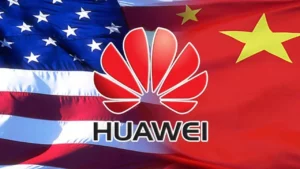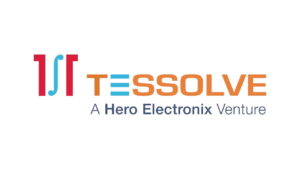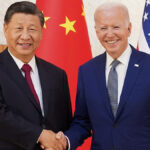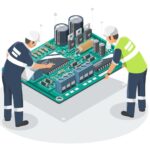Introduction
TSMC, one of the world’s leading chip manufacturers, has equipped its Extreme Ultraviolet (EUV) machines with a remote self-destruct mechanism to safeguard its technology in case of a military invasion.
TSMC’s Importance: TSMC is a critical player in the global semiconductor industry. Their EUV machines are vital for producing advanced chips.
Security Concerns: Due to its location in Taiwan and ongoing tensions with China, TSMC is worried about its facilities being compromised in a conflict.
Remote Kill Switch: The self-destruct mechanism acts as a kill switch. If necessary, TSMC can remotely disable the EUV machines, rendering them inoperable.
This measure reflects the geopolitical tensions between China and Taiwan, and the U.S.’s interest in protecting advanced semiconductor capabilities from falling into the wrong hands.
Follow us on Linkedin for everything around Semiconductors & AI
Geopolitical Tensions and Security Measures
Located in Taiwan, TSMC operates in a region fraught with political instability. China considers Taiwan a part of its territory and has not ruled out the possibility of military action to reclaim it.
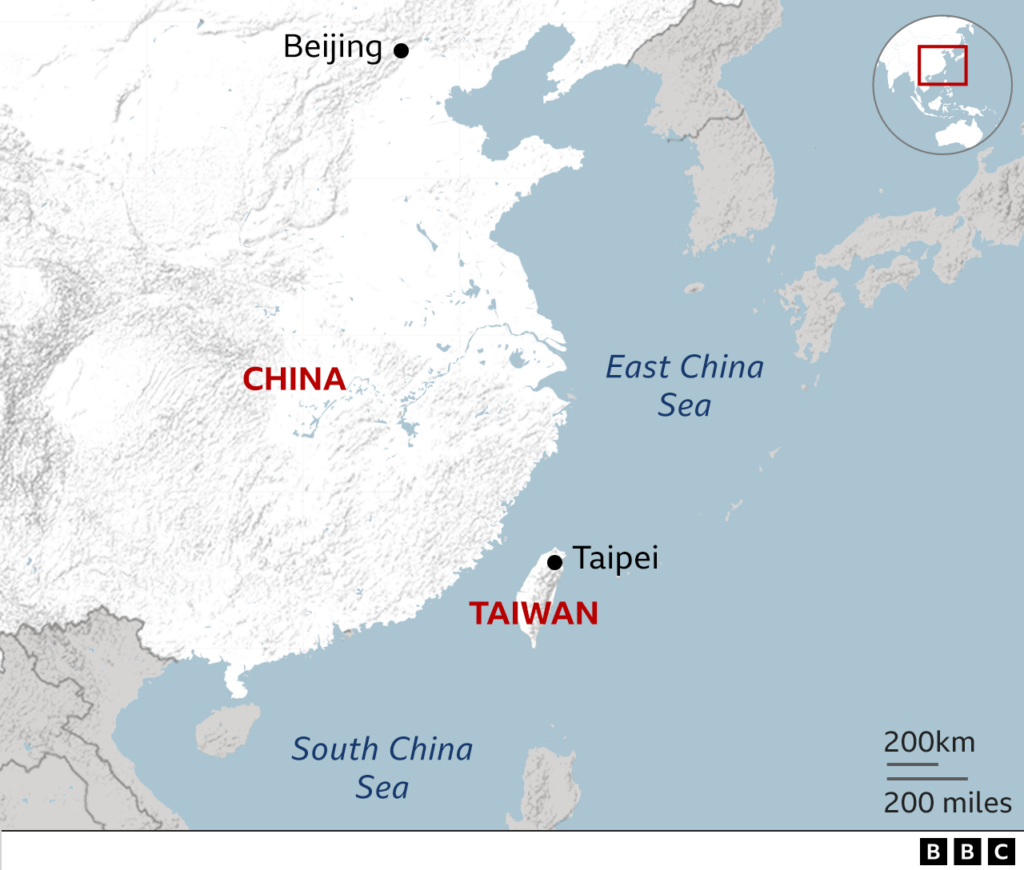
The Technology:
EUV Machines: Extreme Ultraviolet (EUV) lithography machines are the crown jewels of chipmaking. They use high-powered lasers and advanced optics to etch intricate patterns onto silicon wafers, forming the foundation of modern microchips.
Remote Kill Switch: The exact details of the self-destruct mechanism are not publicly known. However, many believe that a remote kill switch can trigger various actions to disable the machines. This could involve damaging critical components, scrambling sensitive data, or locking them out permanently.
To prevent TSMC’s advanced chip-making technology from being captured by China, the U.S. has pushed for security measures.
Reasons for the Self-Destruct Feature:
Scorched Earth Policy: TSMC’s strategy is likely a form of “scorched earth” – making the machines unusable for any potential attacker. This ensures their technological edge remains protected and prevents captured machines from aiding the enemy’s chip production.
Geopolitical Tensions: Taiwan’s political situation is a major factor. China considers Taiwan a breakaway province, and tensions between the two have been rising. The self-destruct mechanism could be a safeguard against a potential military conflict.
As a result, TSMC’s EUV machines, manufactured by ASML, now feature a remote kill switch that can disable the equipment if an invasion occurs.
Read More: How Many Lines of Codes are There in Top Apps: Whatsapp, Tik Tok and MacOS – techovedas
U.S. and Taiwan’s Protective Strategies
The idea of destroying TSMC’s facilities if China invades was even suggested by U.S. Congressman Seth Moulton. However, the Taiwanese government strongly opposes such an action, arguing that producing high-end chips requires more than just the physical factories. According to Chen Ming-tong, Director-General of Taiwan’s National Security Bureau, TSMC’s production process relies on global components and advanced equipment like ASML’s lithography machines.
Effectiveness and Challenges:
Physical Damage: While the kill switch might damage some components, some experts believe these machines are so intricate that complete destruction might be difficult. Rebuilding them from scratch would take a significant amount of time and resources.
Knowledge is Key: Chip production is a complex process, and simply having the machines wouldn’t guarantee successful operation. The expertise and experience of TSMC’s engineers are crucial for running these machines effectively.
Read More: Saudi Aramco and Pasqal to Bring First 200-Qubit Machine to Saudi Arabia in 2025 – techovedas
U.S.-China Trade War and Technological Rivalry
The inclusion of the remote kill switch is part of broader efforts by the U.S. to curtail China’s technological progress. Washington has blacklisted several Chinese tech companies and imposed tariffs on Chinese imports. These actions are aimed at limiting China’s ability to enhance its military capabilities through advanced technology.
Despite these measures, Chinese President Xi Jinping remains confident in China’s ability to continue its technological development independently. Although China lags behind in producing cutting-edge processors, it is a significant player in legacy chip production. The Chinese government is investing heavily in local companies to develop homegrown technologies that can mitigate the impact of U.S. sanctions.
Read More: GPT-4o: 12 Mind-Blowing Use Cases That Change How We Interact with AI – techovedas
TSMC’s Global Expansion
To further protect its interests, the U.S. has invested billions in TSMC to expand its chip production in North America.
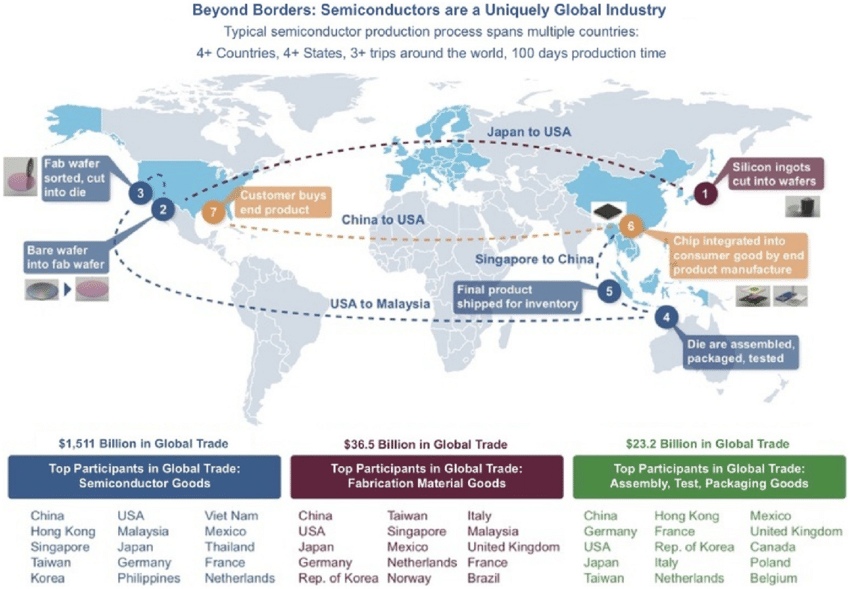
Additionally, TSMC is constructing facilities in Japan, which serves as another strategic move to safeguard against China’s ambitions.
Read more What are Technology Nodes? – techovedas
Conclusion
TSMC’s installation of a remote self-destruct mechanism in its EUV machines is a significant step in addressing the geopolitical risks associated with its location.
As the U.S.-China trade war intensifies, this measure underscores the critical importance of safeguarding advanced technology and maintaining a competitive edge in the semiconductor industry. The ongoing efforts to secure TSMC’s operations highlight the intersection of technology, politics, and global security in the modern era.



